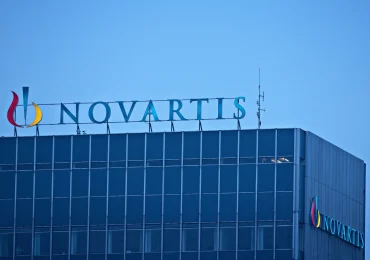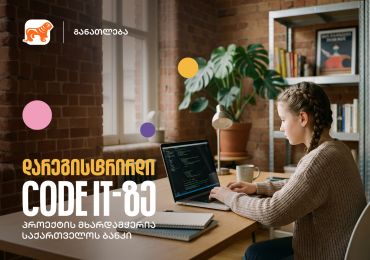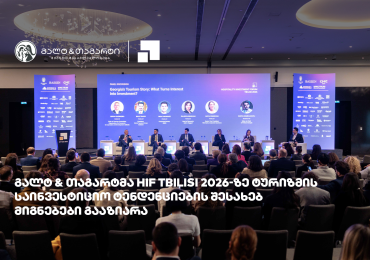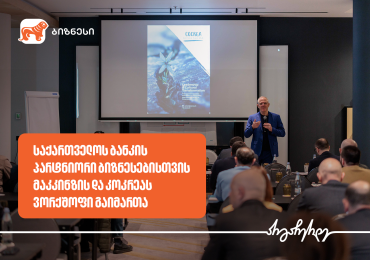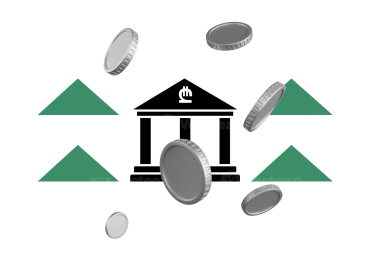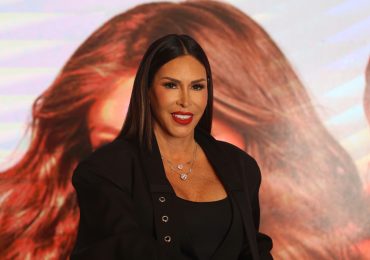Peace requires more than belief; it demands action. Inspired by this ethos, Georgians Sopiko Gugava and Marina Kutubidze founded She Leads Peace in the U.S., combining their professional expertise and a shared vision of women at the forefront of progress and peace. In this interview, Sopiko and Marina share how their backgrounds shaped She Leads Peace and their vision for its future.
The founding of companies or organizations is usually preceded by a backstory that combines personal experience and a desire to solve a societal problem. What was your inspiration?
She Leads Peace stems from our personal experiences and the urgent need to address two critical challenges: increasing women’s representation in politics—recognizing their vital role in fostering sustainable, inclusive societies—and empowering them as leaders in entrepreneurship.
Human rights, including education, are still unobtainable for millions of women and girls around the world, particularly in conflict-affected areas. Many talented and brilliant women are denied access to economic resources, leadership opportunities, and even basic safety and security. These issues extend beyond individuals, preventing entire communities from achieving lasting prosperity.
To address these challenges, we focus on two main directions. The first is promoting female political leadership by equipping women with the legal and policy tools necessary to influence policies through collaboration with public officials and international organizations. The second is empowering women entrepreneurs by connecting them with legal resources, mentors, and AI-driven legal technology like smart contracts to enhance compliance and streamline legal and business processes.
What role did your professional backgrounds play in the founding of She Leads Peace?
Our professional backgrounds have been the cornerstone of founding She Leads Peace, allowing us to address critical global challenges with innovative and legally sound solutions.
Sopiko, with her LL.M. in Global Business and Financial Law from Chicago-Kent College of Law and extensive experience in corporate banking and legal advisory, brings expertise in complex credit operations, strategic thinking, and critical legal matters. At She Leads Peace, Sopiko applies her expertise to equip women with legal tools and education, enabling them to navigate policymaking, collaborate with public officials, and develop strategies for expanding their influence.
Marina, a Harvard-trained attorney with expertise in cross-border transactions, corporate governance, and international negotiations, applies her exceptional legal acumen to empower women entrepreneurs. At She Leads Peace, she connects women-owned businesses with essential legal resources, fosters mentorship opportunities, and builds strategic partnerships with major corporations to facilitate knowledge-sharing and best practices. Marina’s initiatives empower women entrepreneurs to embrace innovation and achieve sustainable growth.
Our complementary skills and leadership ensure that She Leads Peace brings transformative global change.
You chose to establish She Leads Peace in the United States. What motivated this decision, and how did your journey in America begin?
We established She Leads Peace in the United States because we saw an opportunity and found a supportive environment to build and grow. This incredibly diverse and resource-rich country provides access to networks and expertise essential for making a global impact.
Our journey in the U.S. began with our education. Along this path, we were assured that the U.S. is a country of opportunities. The U.S. offers a unique environment where ideas can evolve into extraordinary initiatives. Our experiences at Harvard and Chicago-Kent provided academic growth, a global vision, and a heightened sense of responsibility.
Women play a pivotal role in conflict prevention and peacekeeping, and one of your key objectives is to enhance women’s involvement in peace and security. How do you plan to achieve this?
She Leads Peace takes a multi-faceted and actionable approach to achieve its mission of empowerment and innovation, with a strong foundation in legal education and frameworks. We aim to make a long-term impact through:
- Education and Skills Training: Developing programs focused on leadership, mediation, and entrepreneurship that incorporate legal knowledge and tools, equipping women with the skills and confidence to navigate governance, business compliance, and leadership roles in their communities, businesses, and governments.
- Leveraging AI Technology: Developing a platform with accessible AI-driven legal tools, like smart contracts and compliance automation, to streamline ventures for female entrepreneurs.
- Networking Opportunities: Connecting women with mentors to provide insights on governance, legal frameworks, and compliance while fostering a community for sharing ideas and collective solutions to global challenges.
- Legal Advocacy: Promoting gender-inclusive policies by providing women with the legal tools, knowledge, and resources to advocate for equitable representation in decision-making processes while working to influence policies that support women’s leadership.
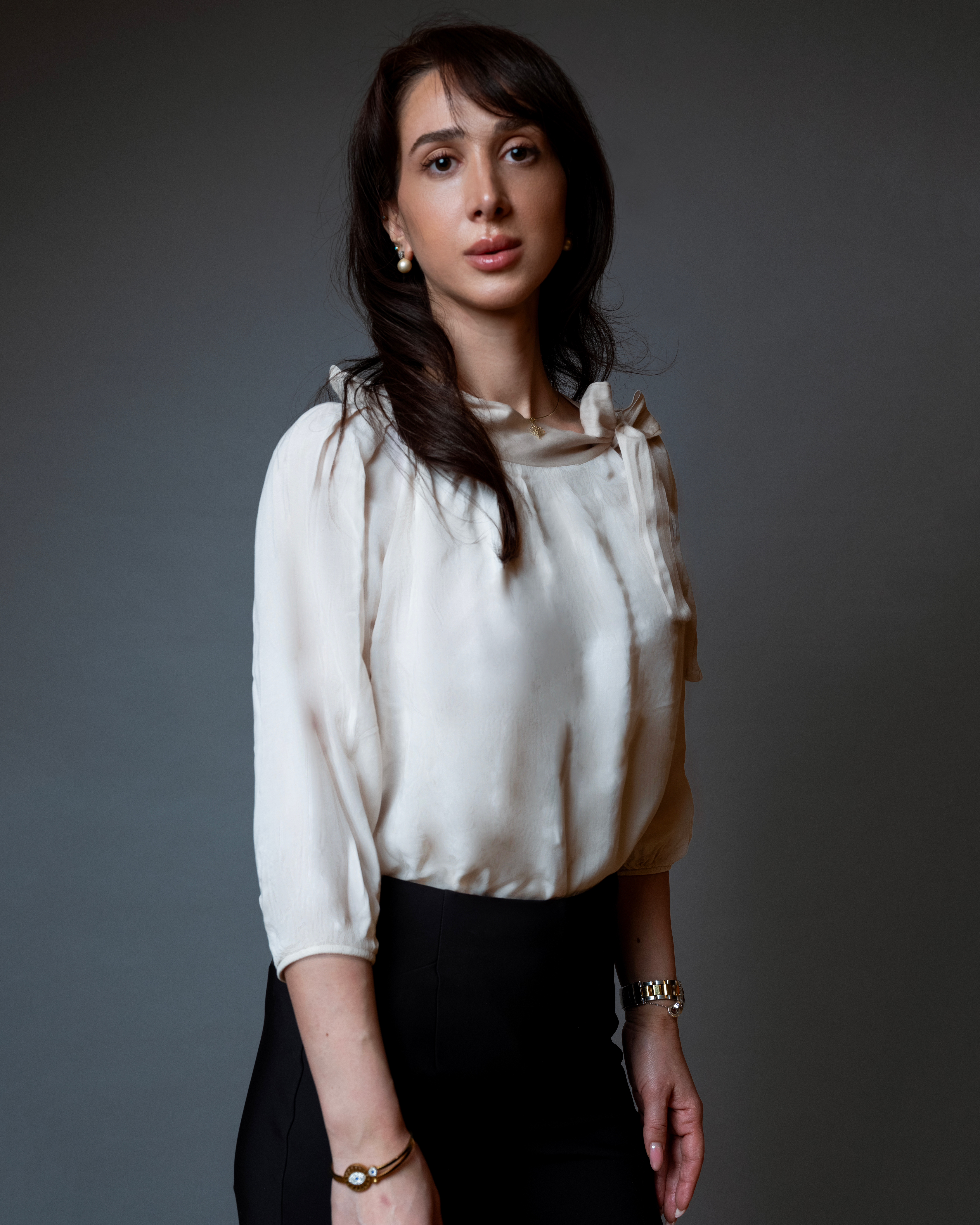
Conflicts often exacerbate challenges faced by women, including rising casualties and increased incidents of sexual violence. In many regions, women’s access to education remains problematic. What role do you believe NGOs should play in addressing these issues?
As Malala Yousafzai once said, “One book, one pen, one child, and one teacher can change the world.” NGOs have the power to embody this vision by creating platforms that equip women and the youth with the tools to overcome systemic challenges.
NGOs can advocate for women by ensuring access to education, creating safe spaces for survivors of violence, building leadership opportunities, and partnering with governments to enforce supportive laws and policies.
Georgia ranks 76th in the 2023 Global Gender Gap Index, with even lower rankings in political empowerment. The gender pay gap remains significant. What strategies can be implemented to close these gaps and promote equality?
Legal reform, policy innovation, and cultural transformation are essential to closing these gaps and promoting gender equality in Georgia. First, the government must enforce and strengthen regulations that guarantee gender equality. Second, incentivizing organizations to promote women in leadership roles—both in politics and business—can significantly help close the representation gap.
Greater access to specialized programs and financial resources, such as loans and grants tailored to female entrepreneurs, will empower underrepresented groups. Fostering international collaboration and implementing robust support programs will also further accelerate progress.
Ultimately, this will drive a cultural shift, ensuring women’s invaluable contributions are recognized and celebrated. Women must be valued and acknowledged for their individuality, talents, and character—beyond the roles they play in relation to others.
You aim to strengthen democratic values in Georgia and the Caucasus. What are the biggest threats to democracy in the region today?
External influences and disinformation fuel societal polarization and erode trust in institutions, threatening the strengthening of democratic values in Georgia and the Caucasus region.
Internal issues, such as corruption, political division, and weak institutions, further paralyze democratic processes. Gender inequality, social disparities, limited access to education, and ongoing conflicts hinder democracy’s progress. Additionally, restrictions on media freedom and the manipulation of information diminish public trust and civic engagement.
Strengthening institutions, ensuring transparency, promoting gender equality, and educating citizens on democratic values are essential to overcoming these challenges. With coordinated efforts, a sustainable democratic system based on human rights and the rule of law can be built.
How will She Leads Peace contribute to promoting and strengthening democratic values in Georgia and the wider Caucasus region?
She Leads Peace will strengthen democratic values by empowering women and the youth to take on active leadership roles in shaping their communities and institutions. We will launch educational programs designed to build leadership, mediation, and effective decision-making skills, preparing participants to contribute meaningfully to democratic processes.
Collaboration is at the core of our strategy. We will work closely with regional and global organizations and government bodies to create pathways for inclusive civic engagement and to reinforce democratic institutions. A central focus will be the creation of forums and networks that provide citizens—especially women and young people—with platforms to share their perspectives, collaborate on initiatives, and amplify their voices in national and international dialogues.
We will prioritize protecting media freedom and transparency, recognizing that access to reliable information and the ability to think critically are the pillars of a healthy democracy. Through advocacy and partnerships, we will support initiatives that combat disinformation and strengthen public trust in democratic systems.
Above all, She Leads Peace will advocate for social inclusivity, ensuring marginalized voices are represented and empowered. By integrating legal, strategic, and educational approaches, we aim to create a future where democratic values are deeply embedded in the region’s culture, fostering long-term stability and progress in Georgia and the wider Caucasus.

You envision increasing Georgia’s role in peace-building efforts and view the U.S. as a strategic platform. How do you see Georgia contributing to global peace initiatives, and what advantages does operating from the U.S. offer?
With its strategic geopolitical location and multi-ethnic culture, Georgia is vital in establishing peace and stability in the Caucasus region. Its unique experience in conflict resolution and democratic development can serve as a model and a source of inspiration for other nations. In this context, the United States is a strategic platform enabling Georgia to amplify its contributions to global peace and security initiatives.
Operating from the U.S. allows us to garner support from global partners and leverage the strong democratic institutions, innovative approaches, and collaboration opportunities with the international organizations present here. The education and professional experience we have gained in the U.S. equip us to implement more innovative and effective strategies for fostering peace in Georgia and the Caucasus region.
Furthermore, the U.S. diplomatic network enhances Georgia’s role in international peace-building efforts, putting regional conflicts onto the global agenda. Collaboration with the Georgian diaspora strengthens these efforts, contributing to a more robust global representation of Georgia’s interests.
Georgia has the potential to become a model of peace and stability not only in the region but also on the international stage. Initiatives launched from the U.S., supported by global partnerships and enriched with local expertise, will pave the way for a more stable and secure future for Georgia and the Caucasus region.
EU membership remains a significant topic in today’s political discourse. How do you see women’s inclusion benefiting from EU integration, and why is it crucial to maintain Georgia’s European trajectory?
Georgia’s integration into the European Union would bring tremendous benefits for women’s inclusion, as European standards promote gender equality, expand social and economic opportunities, and strengthen women’s roles in public and political life.
Maintaining Georgia’s European trajectory is strategically important in this regard, as it reinforces democratic institutions, upholds the rule of law, and ensures high human rights standards. Moreover, EU membership would send a strong message to the international community that Georgia is ready to serve as a model of inclusivity and stability in the region.
Women’s inclusion is directly linked to the country’s sustainable development. Their active participation at all levels of political, economic, and social processes strengthens democracy and unites society around shared goals. Georgia’s European path and eventual EU integration will create an environment where women are not only participants in change but also its driving force.
What is the long-term vision for She Leads Peace? What are the next steps on your journey to achieving your goals?
Our work is dedicated to achieving sustainable peace and democracy, with women leading the way. She Leads Peace‘s long-term vision is to strengthen democratic values, gender equality, and sustainable peace in Georgia and the Caucasus region.
A key focus will be on empowering female entrepreneurs by equipping them with the necessary skills and resources. We plan to implement programs to help young female entrepreneurs build businesses, establish strategic partnerships with major corporations, share knowledge and experiences, and expand their economic opportunities.
Our next steps include enhancing educational programs in leadership, mediation, and strategic management. We aim to bring regional issues to the world’s attention by deepening international partnerships. We envision achieving meaningful change by creating an environment where women and the youth lead in building peace, democracy, and innovation in both governance and business.


